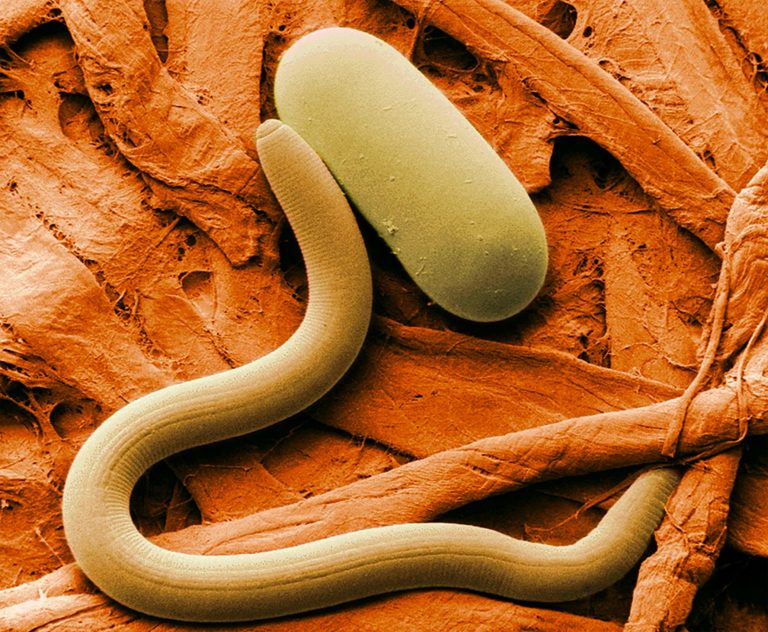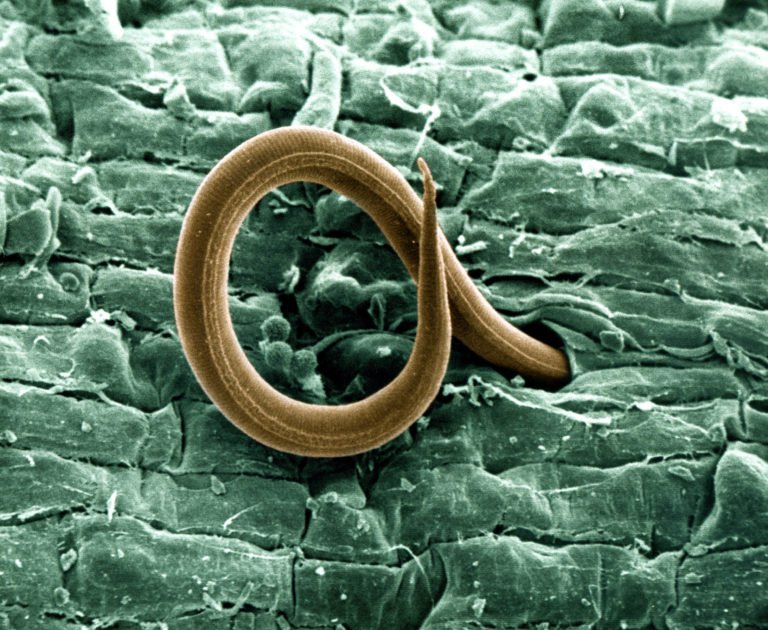English
Cannabis has been used for thousands of years for various medical applications, from treating breast cancer to combating epilepsy, but there may be another health benefit of cannabis use.
Researchers at Washington State University have found that hunter-gatherer tribes that smoke cannabis are less likely to be infested with intestinal worms. The tribe, a pygmy group called Aka, lives in the Congo Basin and is one of the world’s last groups of hunter-gatherers. Of the nearly 400 adult Aka interviewed, 70% of men and 6% of women regularly used cannabis (female tribe members apparently refrain from regular cannabis use because they believe it will harm their fetuses if they are pregnant). While 95% of the group were infected with hookworms and roundworms, regular cannabis users had far fewer parasites than non-users.
To quote the researchers:
“Worm burden was significantly negatively correlated with THCA, consistent with the chemotherapeutic drug use hypothesis.”
Also interesting is the fact that high cannabis users were less prone to re-infection after being treated with a worming drug for parasites a year later. The tribal members do not appear to be consciously “self-medicating” to ward off the parasites, but the researchers believe that their “craving” for cannabis may nevertheless be biologically determined. Ed Hagen, one of the study’s co-authors, said, “Just like we have a taste for salt, we might have a taste for psychoactive plant toxins because those things kill parasites.”
In one 2018 study, researchers found that parasitic worms like mammals have an endocannabinoid system that can help the worm and the hosts it infects survive by reducing pain and inflammation in the host, according to an interdisciplinary team of researchers. The research, conducted in a mouse model, identifies cell signalling pathways associated with the endocannabinoid system that could be targeted to develop therapeutic treatments to eliminate worm infection or improve infection outcomes.
“During a worm infection, the host’s gut produces these cannabis-like molecules perhaps as a safety net to dampen the pain response,” said Nicholas V. DiPatrizio, assistant professor of biomedical sciences at the UCR School of Medicine and co-leader of the research project. “What we’ve found now is that the worms also produce these natural cannabinoids throughout the infection process and especially when the worms penetrate the skin, which further dampens the host’s pain response.”
The endocannabinoid system is present in all mammals, but recent studies suggest that it may be even more primitive. For example, one study reported that black truffle fungi produce anandamide, a type of endocannabinoid, possibly as a mechanism to attract truffle pigs, which eat the truffles and spread their spores. The worm C. elegans also has an endocannabinoid system that may serve to regulate its food intake.
DiPatrizio, a physiologist specializing in endocannabinoid research, said :
This system is known to dampen pain responses. In a worm infection, the host’s gut produces these cannabis-like molecules perhaps as a safety net to dampen the pain response. We have now found that the worms also produce these natural cannabinoids throughout the infection process and especially when the worms penetrate the skin, further dampening the host’s pain response. This is beneficial to the worm because if the host could recognise these parasites, it would react and kill them. It is a pro-survival signalling pathway in the body that could have a therapeutic advantage in treating worm infections.
What does this mean for all cannabis users out there? Simple: the next time someone asks you why you use cannabis, just answer that you are biologically compelled to take preventative measures against intestinal worms. Nobody likes intestinal worms.
Published by Sakul
11/02/2023choose and buy cannabis seeds from our offer
our pleasure


























